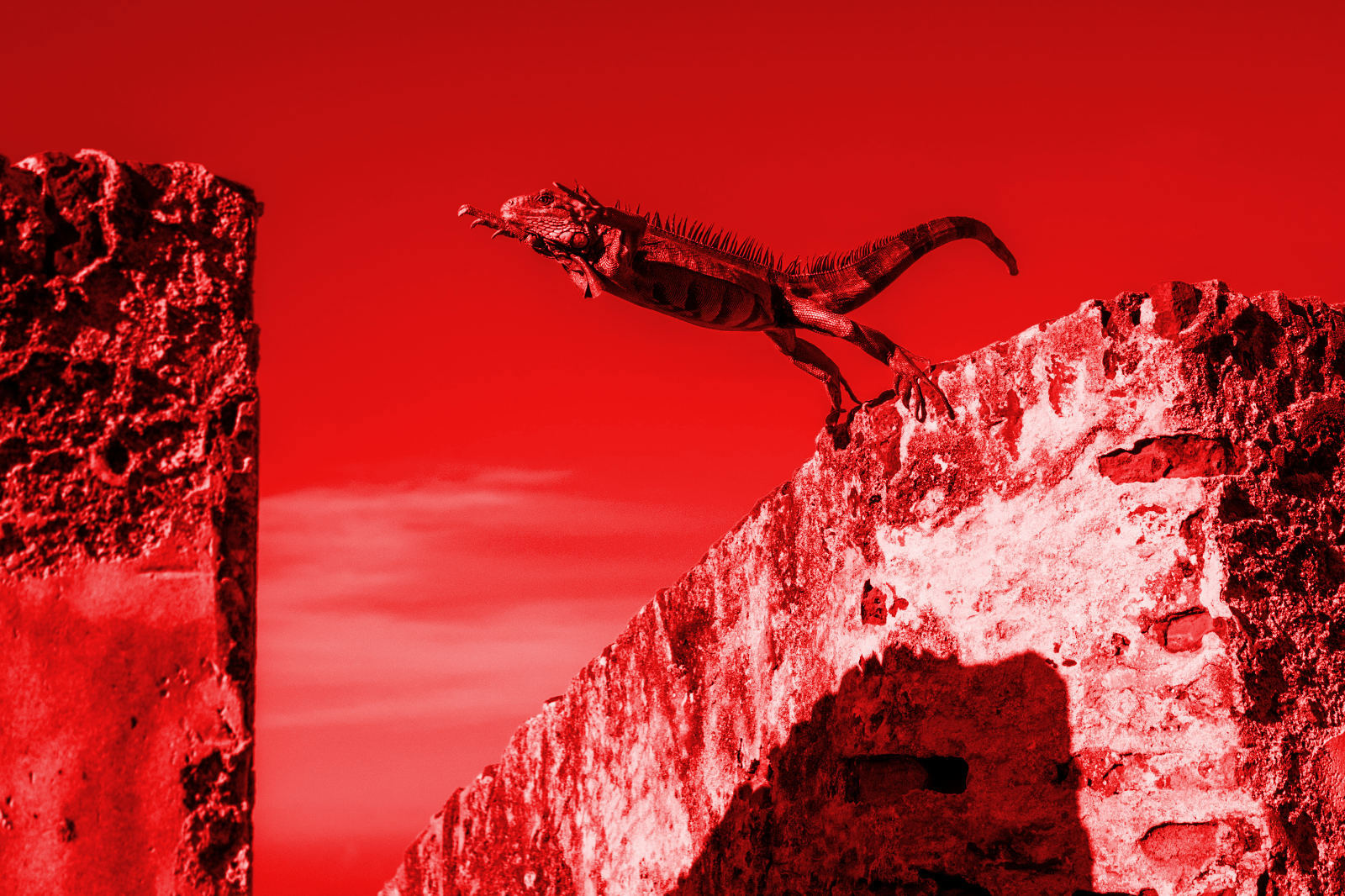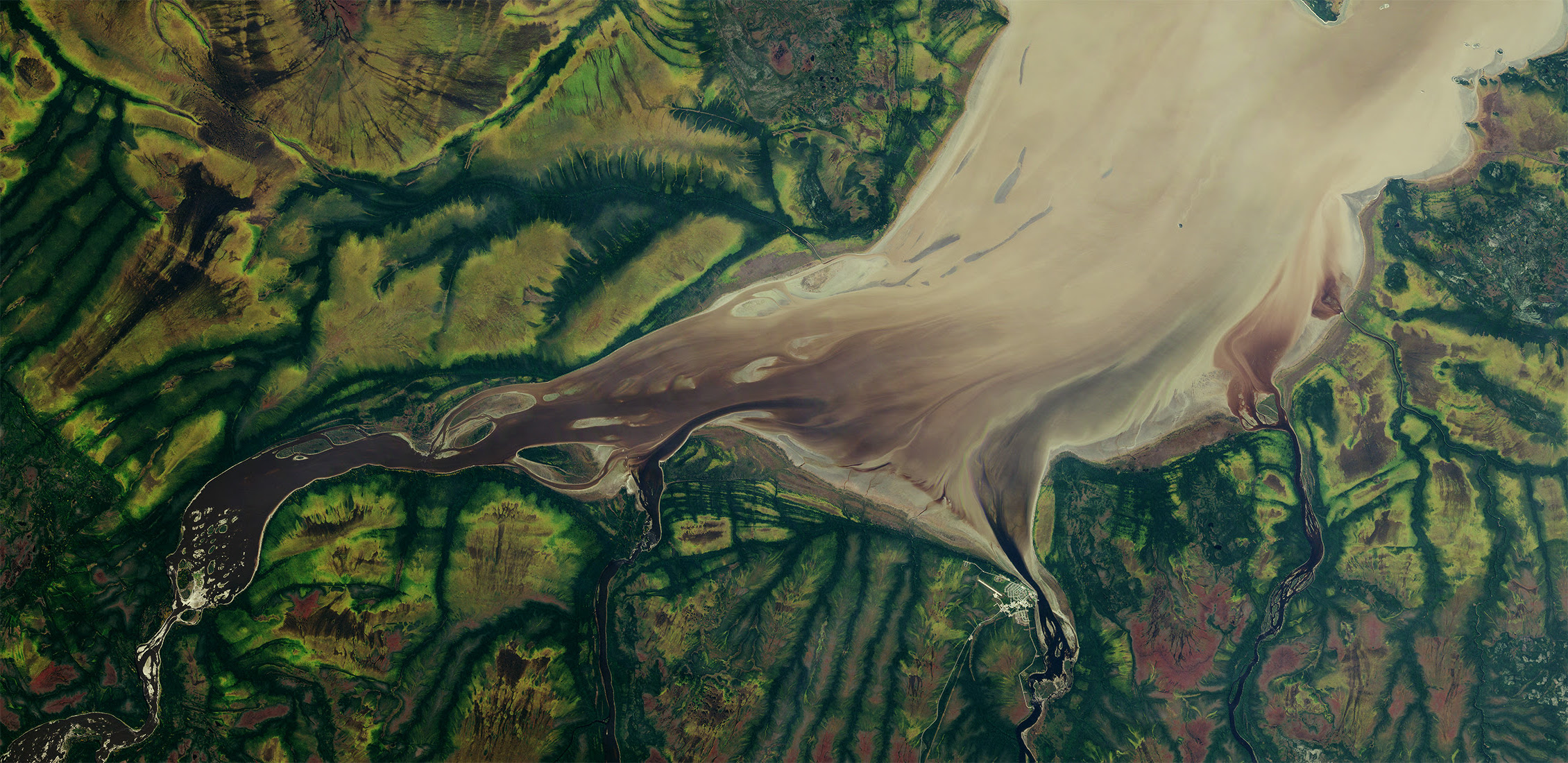Moving on... is moving back!
March 03, 2023
A little over 6 years ago, I wrote about quitting my job and becoming a data visualisation freelancer. Today, I write about quitting my freelance life, and becoming an employee again.

It is not that I don’t like freelancing anymore. The diversity of clients and projects, the freedom to plan my own work, and yes, also the income: they are still excellent. And it is not that I am struggling to find new clients and projects. In fact, after a couple of years of freelancing, a lot of clients have become long-time clients who regularly come back for new projects.
So why am I leaving that freelancing life that many are dreaming of? There are a couple of reasons.
The first one is my ‘data visualisation burn out’. The past year, I have been mostly working on a data visualisation training programme for the Publications Office of the European Commission. The trainings were given asynchronously, which meant that participants could go through the training without my presence and with only limited live support from me. So instead of preparing slides (which I had been doing for years for my trainings), I needed to write down everything in text, update and expand all my existing materials, and record videos and screencasts.
So this project allowed me to document and write out basically all I learned about data visualisation over the past decade. But after putting all my dataviz knowledge to paper (I just checked: between January and October last year, I spent almost 700 hours writing, researching, and recording), a feeling I already had before, now became very prominent: my hunger for more data visualisation content and discussions was gone. New data visualisation books, data visualisation conferences and the latest dataviz discussion on Twitter: they don’t appeal to me anymore like they did before.
I suspect some people who have written a book on data visualisation will recognise this feeling. I have seen some data visualisation book authors move on to different things after completing their book. In any case: I felt that it was time for something new and for something different.
A second reason for quitting freelancing is my growing need for doing more useful and impactful work. Not that I didn’t have impact, or that I didn’t make any useful things as a freelancer. But you don’t always get to choose what you’ll work on. Sometimes, you just have to take what you can get your hands on. With the current state of the world and its enormous changes and challenges (and with 3 kids growing up) I felt a need to contribute to something bigger, to something with more and positive impact.
Planet
Which brings me to the third and probably the most important reason for giving up my freelance life: my new employer. So here it is: starting at the beginning of April, I’ll be a data visualisation engineer at Planet!
Planet is an earth observation company based in San Francisco and Berlin which builds its own satellites and sells the images these satellites take of the earth. I have been following Planet for a long time, and I’ve always thought of it as the only company I would become an employee for again. Planet is a space company (I’ll be working at a space company!) that produces data with potentially high impact in fields like disaster relief, agriculture, deforestation and many other sectors.
If you don’t know Planet and would like to know more, I can highly recommend Snapshots, the Planet newsletter. Snapshots contains beautiful Planet imagery and teaches you about interesting locations and phenomena around the globe every week. It is the only newsletter I read from start to finish every time. You can also watch this interview with Planet’s CEO Will Marshall.

Above: a Planet image that I particularly like. It dates from October 11 2022 and shows South James Bay in Canada. The image was featured in last week’s edition of Snapshots
A good match?
In a way, my career is coming full circle. I am a bio engineer in forestry and nature conservation, and at university I took an optional course in GIS (Geographical Information Systems). My thesis also involved remote sensing data. From there on, I ventured into many jobs and finally into data visualisation, but I have always been making maps, and on many occasions I’ve worked with remote sensing data, which I’ve always liked.
And Planet and I have already collaborated, in some sense. In 2020 I developed some color palettes, maps and spinning globes for VanderSat, a Dutch remote sensing company specialising in soil moisture data. One and a half year after that, VanderSat was acquired by Planet (and a map I made for VanderSat was featured on the Planet homepage!).
I’ll be part of Planet’s small data visualisation team, responsible for producing imagery, maps and other visualisations. The team responds to both internal and external requests for visualisations, and part of the challenge is to organise and streamline the process of making these visualisations. So I will not say visualisation goodbye altogether, but it will be much less bar charts and line charts, and a lot more maps.
A big plus is that I will become colleague to the great Rob Simmon, a Twitter friend for many years.
Here is what I wrote about the things I liked about working in the newsroom I was leaving six years ago, and how that compares to what I imagine working at Planet will be like:
- “You sometimes know big things almost nobody else knows.” ☑️
- “On many days, you don’t know what you are going to do all day when you come in in the morning.” ☑️
- “Your colleagues are very smart, all of them know more than you know on many topics.” ☑️
- “Online news publishing is very dynamic. There is a lot of experimentation.” ☑️
Based on these points, it’s very unlikely I will not enjoy my new job.
What else?
I think I can safely say that I thank a big part of my freelance career to Twitter. It allowed me to share my work, to get picked up by some big names in the field, and to collect a fair amount of followers, all of which contributed to clients finding and hiring me.
So the state of Twitter has been a headache for me lately, and I have been thinking a lot about how to react to its ownership and the direction the site has taken. With no need for visibility and for finding new clients anymore, it’s clear for me now: after the announcement of this blog post, I will stop posting on Twitter. I plan to make a habit of posting things I find interesting on Mastodon (find me on vis.social/@maarten, but you should probably be prepared for a heavy remote sensing bias). I may still interact with friends on Twitter that I can’t reach through other platforms, but other than that, I’ll be even less active there than I already am today.
Maybe I’ll make some exceptions for promoting my last freelance projects that I am finishing now. These are rather big and interesting (including the publication of the training material I developed last year), so I still plan to write about those here on this blog. My website will remain online, of course, but I am not sure yet if it will get updated in the future, and how frequent updates will be. Who knows, maybe I’ll start writing about visualising remote sensing data :)
So, very interesting times ahead. Ad astra!